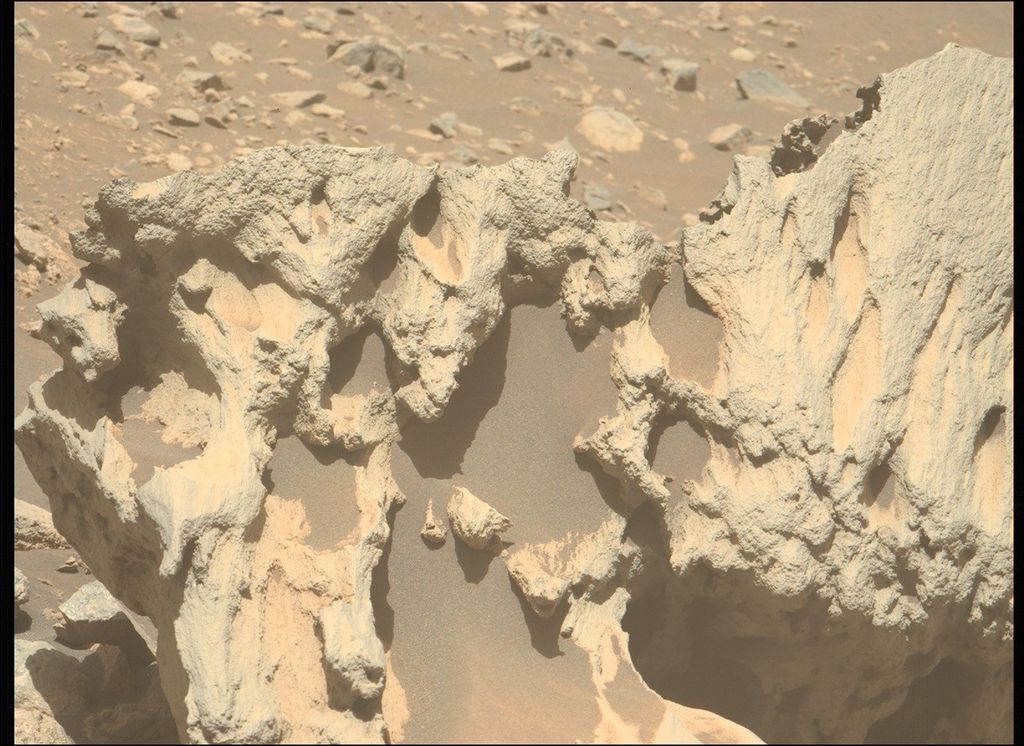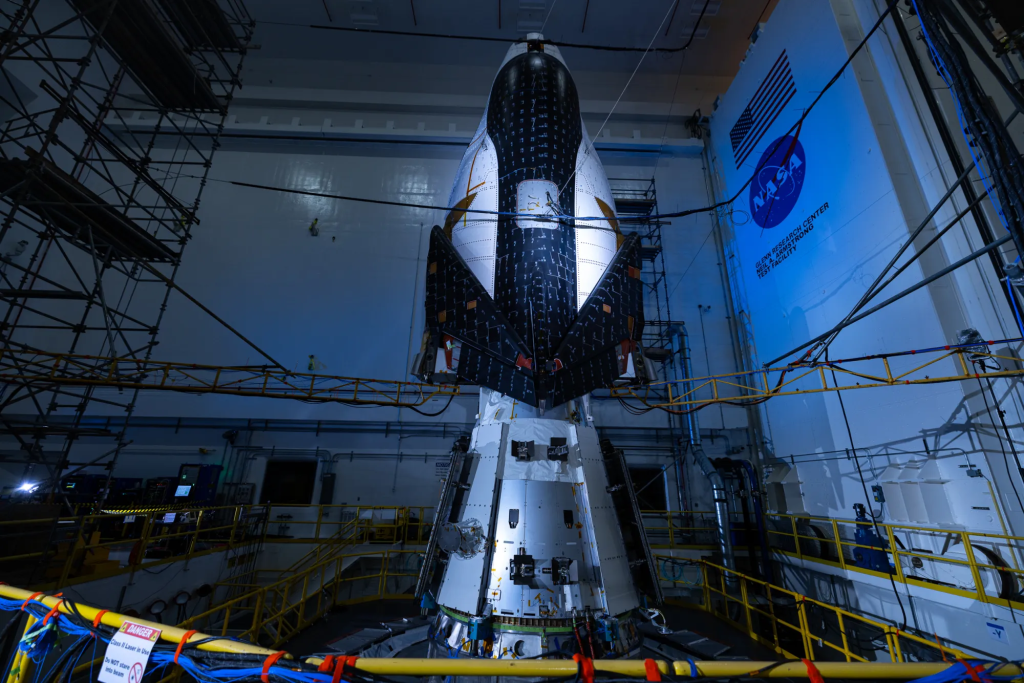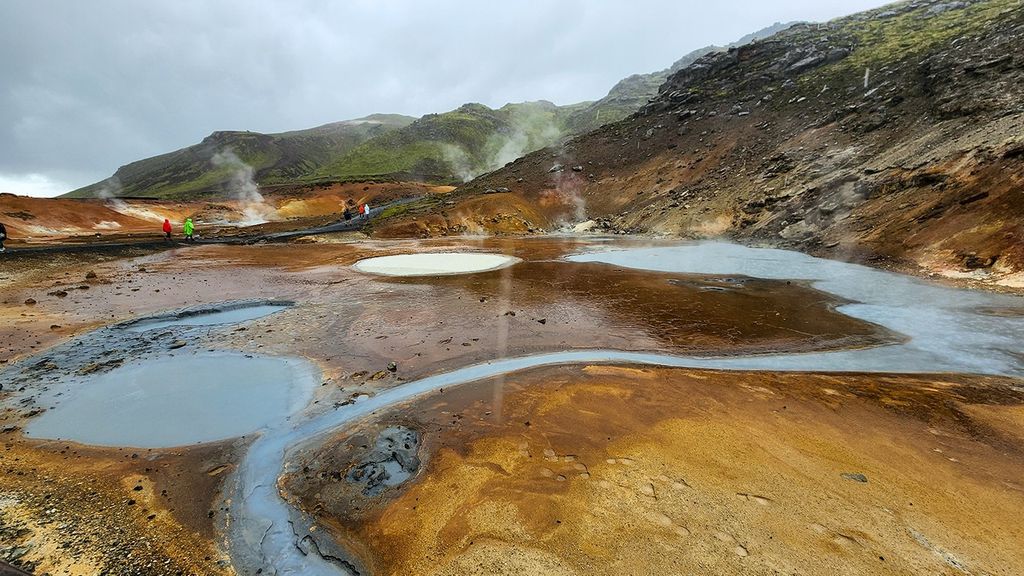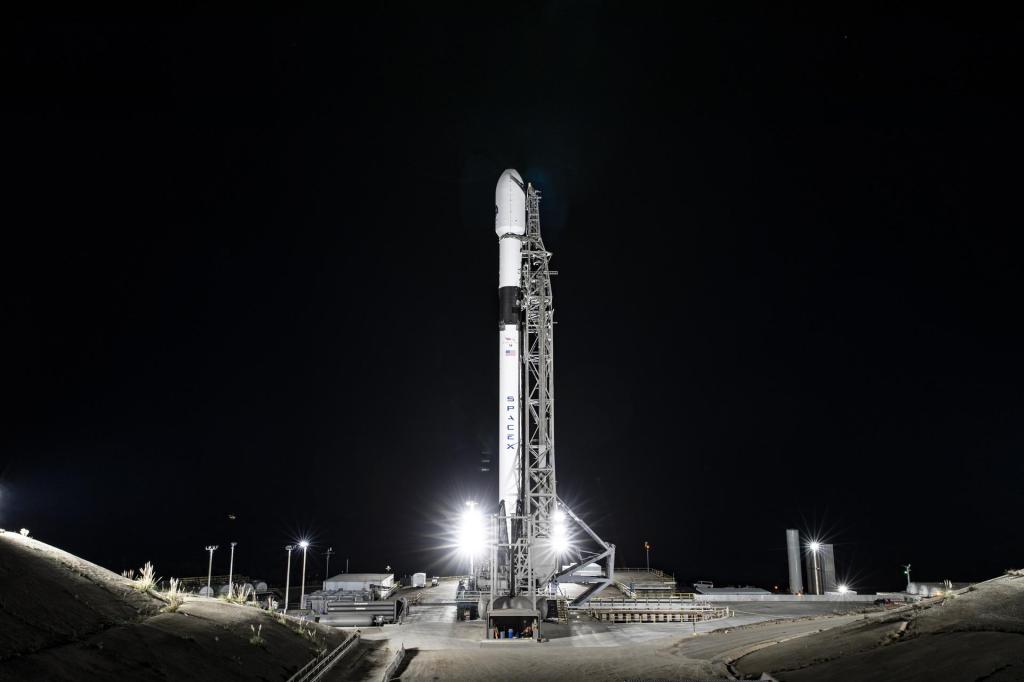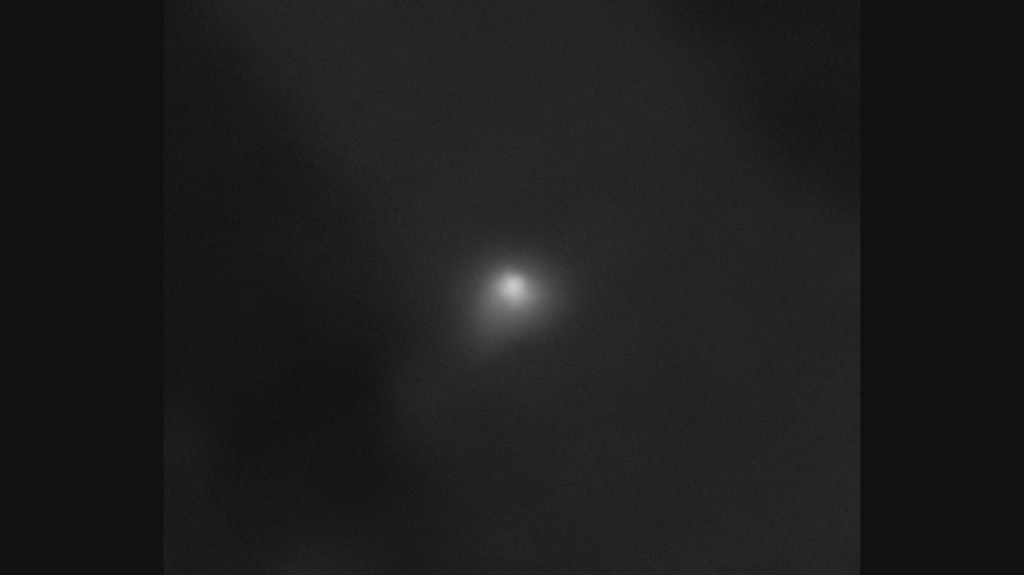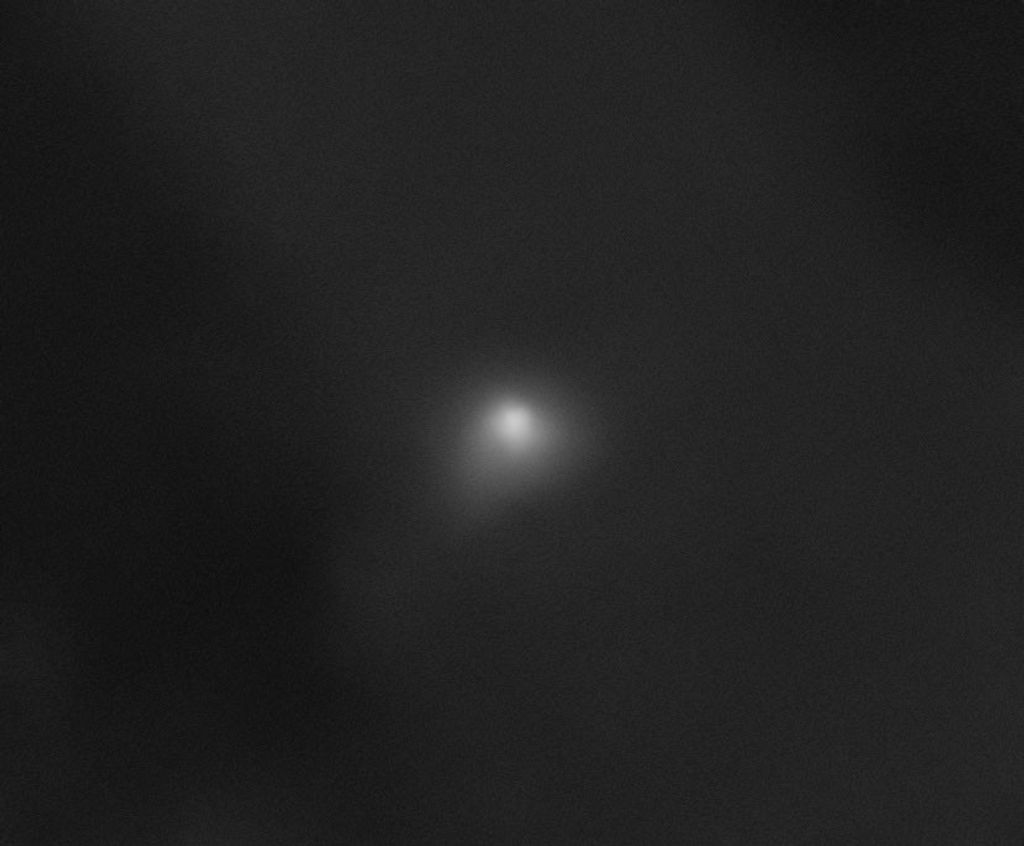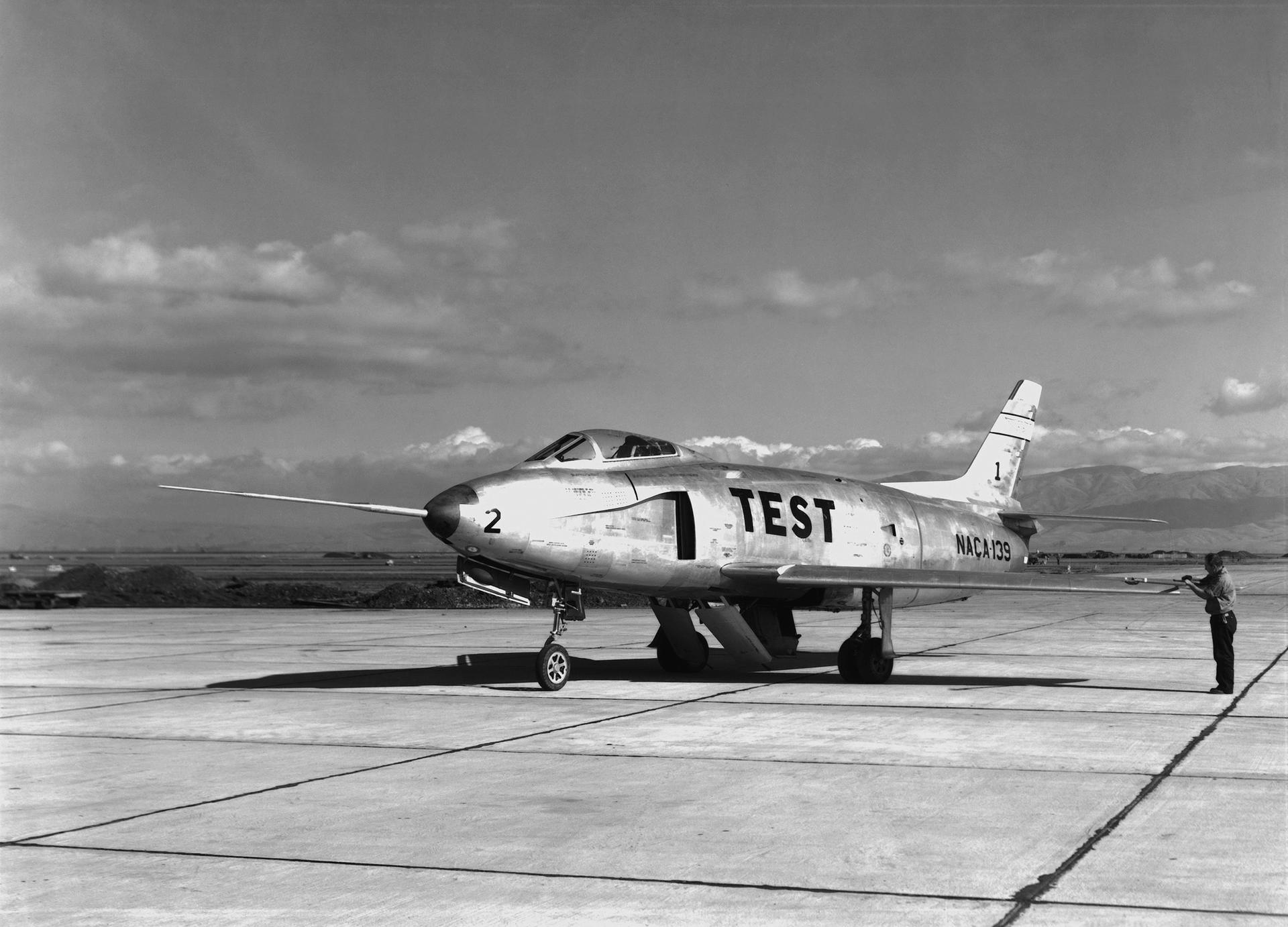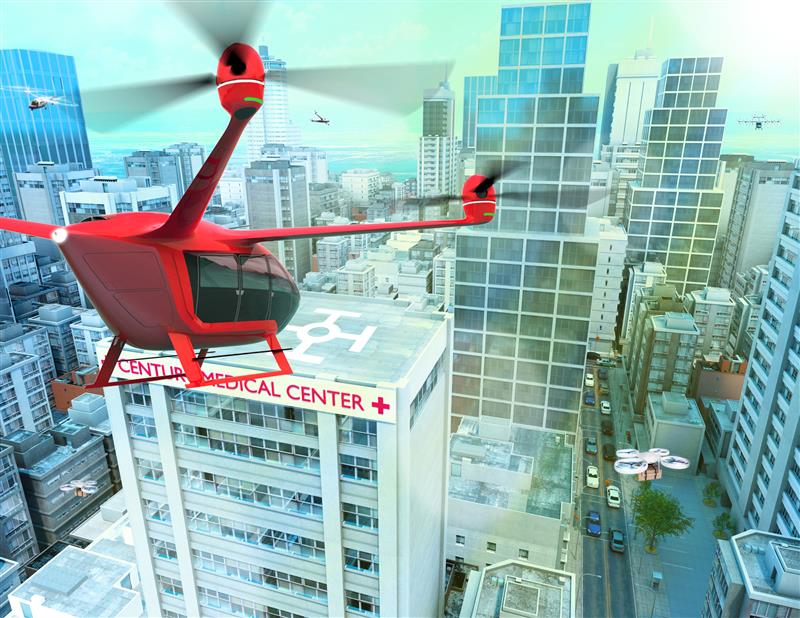NASA Administrator Charles Bolden has named Patricia Sanders as chair of the Aerospace Safety Advisory Panel (ASAP), an advisory committee that reports to NASA and Congress on matters concerning the agency’s safety performance.
Sanders currently is an independent aerospace consultant. She served for 34 years in the federal government, retiring in 2008 as the executive director of the Missile Defense Agency (MDA). As the executive director, she was the senior civilian responsible for MDA’s management and operations, safety and quality control, strategic planning, legislative affairs, external communication and all issues related to worldwide personnel administration and development.
“Pat’s background and experience make her an excellent choice to lead this important advisory group,” said Bolden. “I look forward to her leadership and counsel as we continue to push forward on our journey of exploration.”
After completing her doctorate in mathematics from Wayne State University and then teaching at the university level, Sanders began her national security career with the U.S. Army in Germany in 1974. She managed Department of Defense acquisition programs, worked with the Air Force Operational Test Center in space system and aircraft avionics testing, and served as chief scientist for the Command, Control, and Communications Countermeasures Joint Test Force and as director of analysis for the U.S. Space Command.
In 1989, she began working within the Office of the Secretary of Defense, culminating with her service as the director of Test, Systems Engineering and Evaluation. She joined the missile defense community in 1998 and participated in the establishment of the MDA, was responsible for creating its robust test organization, initiated the Sensors Directorate and accomplished pioneering work in managing integration of the Ballistic Missile Defense System.
Sanders replaces Vice Admiral Joseph Dyer, who chaired the panel for 13 years.
Bolden said, “We thank Admiral Dyer profusely for his great public service. His efforts helped us think more effectively and strategically about safety and guided the ASAP in thoughtful commentary as we launched our journey to Mars.”
Congress established the ASAP in 1968 to provide advice and make recommendations to the NASA administrator on safety matters following the 1967 Apollo 1 fire that claimed the lives of three American astronauts.
For more information about the Aerospace Safety Advisory Panel, visit:
http://oiir.hq.nasa.gov/asap/index.html
-end-
David Weaver
Headquarters, Washington
202-358-1600
david.s.weaver@nasa.gov




